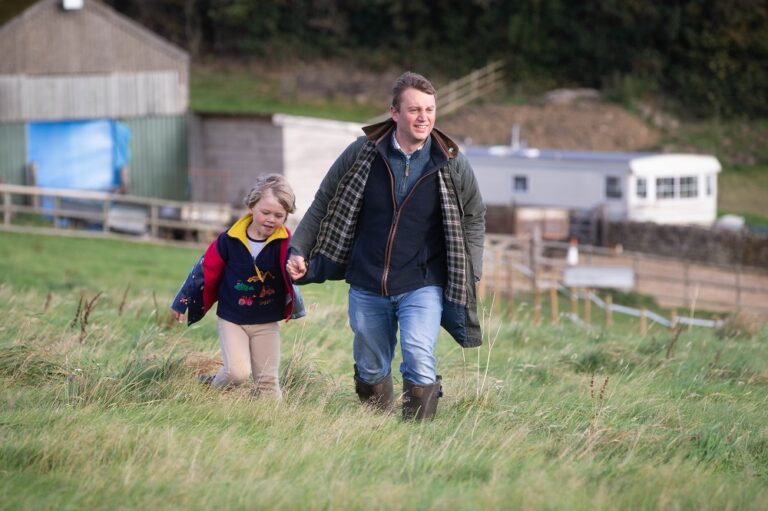Vehicles play a vital role in farm work but incidents involving vehicles are the number one cause of deaths and serious injuries on British farms.
Incidents involving moving vehicles have been responsible for 30% of all fatalities on farms over the past five years, a total of 48 lives lost. Hundreds more are hurt in incidents involving moving vehicles on farms every year.
The Health and Safety Executive (HSE), Britain’s workplace safety regulator, is calling on everyone in the farming community to do what they can to reduce the number of injuries involving vehicles and save lives.
HSE has launched a farm vehicle safety campaign and has created a website which brings together advice on using vehicles safely on farms.
The advice is split into three areas: operating a safe farm, maintaining a safe vehicle and being a safe driver.
Sue Thompson, HSE’s Head of Agriculture Policy, said: “We want to make 2023 a safer year on our farms by working together to prevent injuries and deaths.
“Agriculture consistently has the highest number of fatal and serious injuries of all industry sectors in Great Britain. Over the past five years, the average fatal incident rate is twenty-one times higher in agriculture than the average across all other industries. That is a shocking statistic.
“It’s time for us to make a change together to make our farms safer, and that’s why we’re asking farmers in England, Scotland and Wales to consider three areas of their daily farming activities and take the right actions to prevent another farming tragedy.”
Advice from the HSE
Operating a Safe Farm - Keep people and vehicles apart:
Segregate vehicles and people with clearly marked routes and walkways to keep them apart to avoid serious injuries.
Use barriers and posts in high traffic areas to protect people and save lives.
Use signage, good lighting and a high visibility clothing to help everyone be seen on the farm.
Maintaining a safe vehicle - Detect faults now, before it’s too late:
Regularly check and maintain brakes. Trailers must have brakes designed for the maximum loads and speeds at which they will operate.
Ensure a seatbelt is fitted and worn every time.
For vehicles which have doors fitted as standard, make sure the doors are attached securely and remain closed when the vehicle is moving.
For vehicles that have mirrors fitted as standard, double check they are fitted securely and are clean to ensure optimum visibility.
Being a safe driver - Pause, take a moment to be a safer driver:
Use the handbrake every time. To prevent serious injury if your vehicle moves due to the terrain or gradient, follow the simple safe stop routine before you get out or off a vehicle: handbrake on, gears in neutral, engine switched off and the key removed.
Ensure you’ve been trained properly; training is vital to help keep everyone safe.
Think visibility to protect everyone on the farm, whatever the vehicle - ensure mirrors and windows on the vehicle are clean and when manoeuvring, take a moment to consider where the blind spots are. Keep people away while you are moving, get people to stand where you can see them.
Sue Thompson said: “With significant pressure on British farmers now, we want to support the farming community to show that safety on the farm doesn’t need to be difficult or expensive. There are simple steps you can take today to help keep you and everyone on your farm safe.
“Farmers and farm workers should take a moment to think about what would happen to their families and their farms if they were seriously injured and unable to work.
“When people on farms start their daily routine, they should follow our safe farm, safe driver, safe vehicle advice to help plan the job and complete it safely.”


